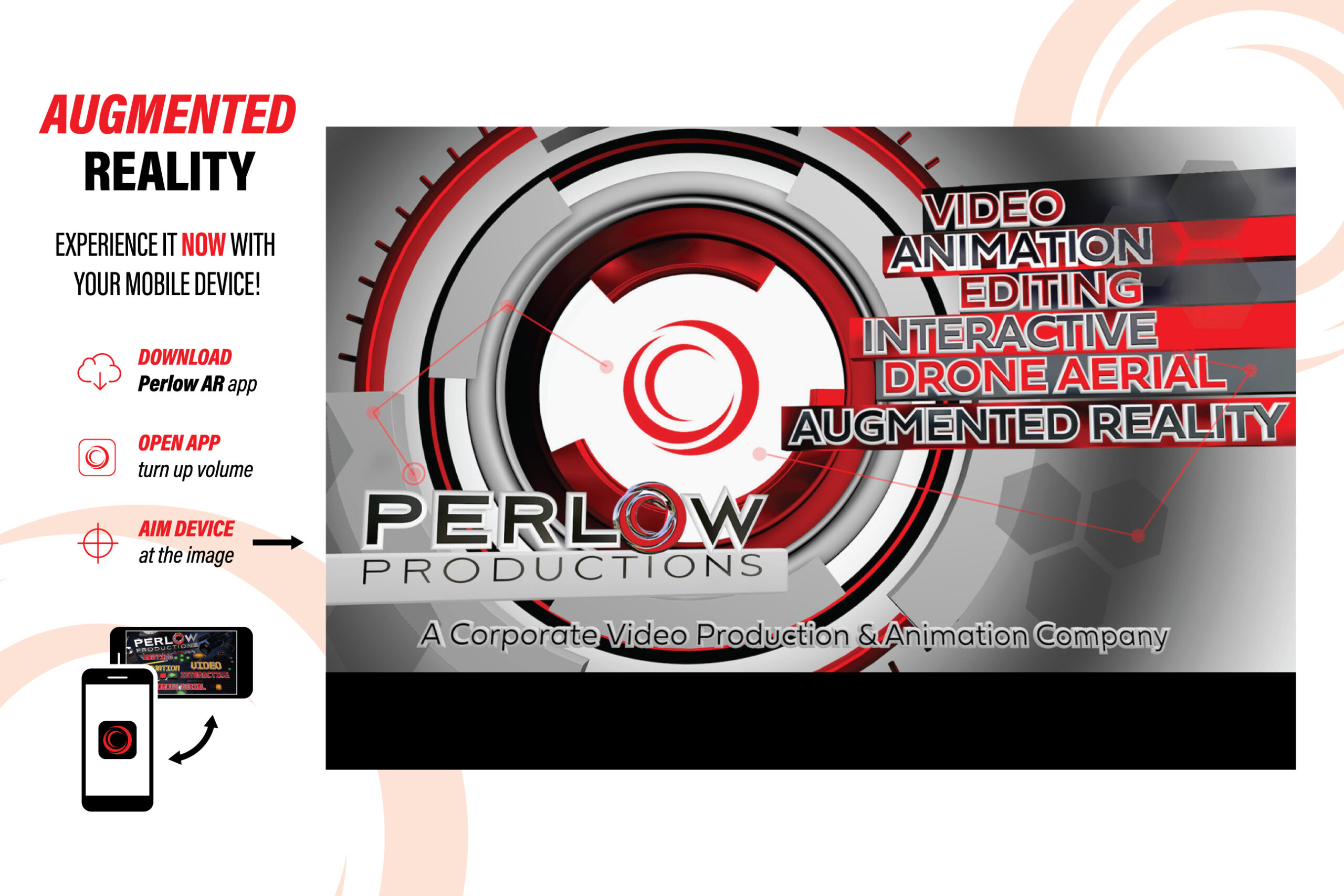Evidence: AR Marketing can be highly effective!
A recent study on Augmented Reality Marketing shows: It can work! Why? Because AR experiences can inspire consumers, which motivates them to rethink their existing believes about brands.
More and more companies are using Augmented Reality Marketing to interact with customers. Definition: Augmented Reality Marketing is a strategic concept that uses Augmented Reality (AR, i.e. the Integration of digital information or objects into the subject’s perception of the physical world), often in combination with other media, to expose, articulate, or demonstrate consumer benefits to achieve organizational goals.
 This includes, but is not limited to, customers, potential customers, the public’s, future applicants and so forth. A recent BCG study indicates that many companies are still exploring the possibilities that AR offers, especially in branding. However, almost all leading technology firms are heavily investing in AR technology, ranging from devices to SDKs to AR apps. AR will impact marketing, maybe even as strongly as social media changed marketing and communications. However, one of the main barriers to the use of AR as a Marketing tool is a solid understanding of how AR works and how it impacts business goals. Therefore, Universität der Bundeswehr München aimed at studying user behavior in AR – mostly in the context of Marketing. In a recent study, they measured consumers’ evaluations of brands (here: IKEA and a music group) before and after using the AR app. In addition, they measured how consumers rated an app and how inspired they felt. Combining these measures allowed them to better understand if (and how) AR marketing works.
This includes, but is not limited to, customers, potential customers, the public’s, future applicants and so forth. A recent BCG study indicates that many companies are still exploring the possibilities that AR offers, especially in branding. However, almost all leading technology firms are heavily investing in AR technology, ranging from devices to SDKs to AR apps. AR will impact marketing, maybe even as strongly as social media changed marketing and communications. However, one of the main barriers to the use of AR as a Marketing tool is a solid understanding of how AR works and how it impacts business goals. Therefore, Universität der Bundeswehr München aimed at studying user behavior in AR – mostly in the context of Marketing. In a recent study, they measured consumers’ evaluations of brands (here: IKEA and a music group) before and after using the AR app. In addition, they measured how consumers rated an app and how inspired they felt. Combining these measures allowed them to better understand if (and how) AR marketing works.
Spoiler: it does!
Effectiveness of AR Marketing: Main Research Results
The main results of their study are as follows:
- Even strong brands can benefit from inspirational AR content. That is, even brands like IKEA, Coke, Lego and so forth can benefit from AR.
- AR apps are more effective if they contain of inspirational content. The figure below illustrates this: The effects on brand attitude are about 4x stronger among those consumers who experienced an inspiring AR experience. For marketers, the challenge is to create AR content that triggers consumers’ imagination. Inspiration can motivate consumers also to rethink existing believes about a brand. IKEA is a great example since consumers can explore new products at home. Another simple example is Dulux Visualizer, an AR app that lets you cange the colors of your walls.
- Inspirational Apps typically provide a realistic augmentation of the real world. Apple’s ARKit2 and other technologies enable better augmentation and it is just a question of time until most consumers won’t be able to distinguish between virtual and real content anymore. Our results also show that hedonic content (e.g. “entertaining”) contributes to consumer inspiration, whereas purely functional might not so much.
- When marketers use AR for branding purposes, looking at the more traditional “star ratings” might not be the best idea. See our discussion on KPIs below.
Study Background
They conducted an EBA-survey based study in Germany, using two different AR apps. The study measured consumers evaluations of the brands before and after using an App and aimed at explaining the changes in brand attitude through structural equation modelling (a sophisticated statistical tool). The study has been published in the Journal of Retailing and Consumer Services.
KPIs for Augmented Reality Marketing
Since AR Marketing is still a relatively new and “exploratory” discipline, standardized and well accepted KPIs do not exist yet. Study results indicate that star ratings might not be the best way to measure the effectiveness of AR-Apps. They assessed consumers evaluation of the app (i.e. ranging from very bad to very good) and found that this was basically unrelated to changes in brand attitude. A better approach is the measurement of inspiration potential. Besides traditional surveys, text mining techniques (or simpler: reading reviews) might be a good starting point. For example, do users actually use words that indicate inspiration (e.g. “stimulating”, “inspirational”, “new ideas” etc)? The fact that attitude based measures (such as star ratings) might not measure business goals effectively is also reflected in another study on Pokémon Go. It indicated that higher (vs. lower) attitudes did not translate into higher (vs. lower) spending for in-app purchases. However, the study does not say that star ratings are bad measures in general; they might not reflect branding goals but might reflect other business goals.
For more information about Perlow Productions Augmented Reality, contact us at [email protected]
References
Rauschnabel, Philipp A.; Hinsch, C.; Felix, R. (2019), Augmented Reality Marketing: How Mobile AR-Apps can Improve Brands through Inspiration, Journal of Retailing and Consumer Services, 48(7), 43-53.
BCG (2018). Augmented Reality: Is the Camera the Next Big Thing in Advertising? https://www.bcg.com/publications/2018/augmented-reality-is-camera-next-bigthing-advertising.aspx

